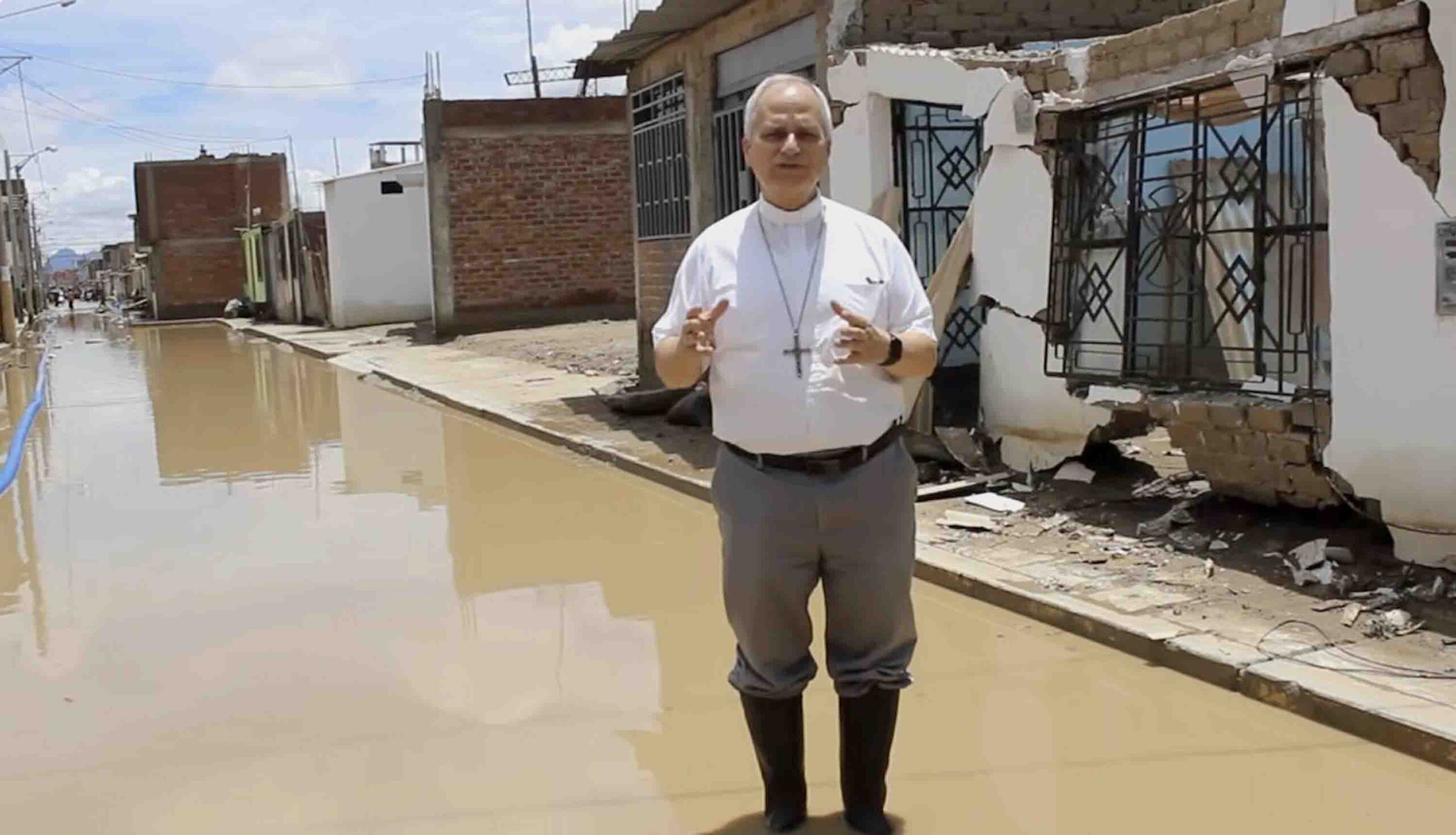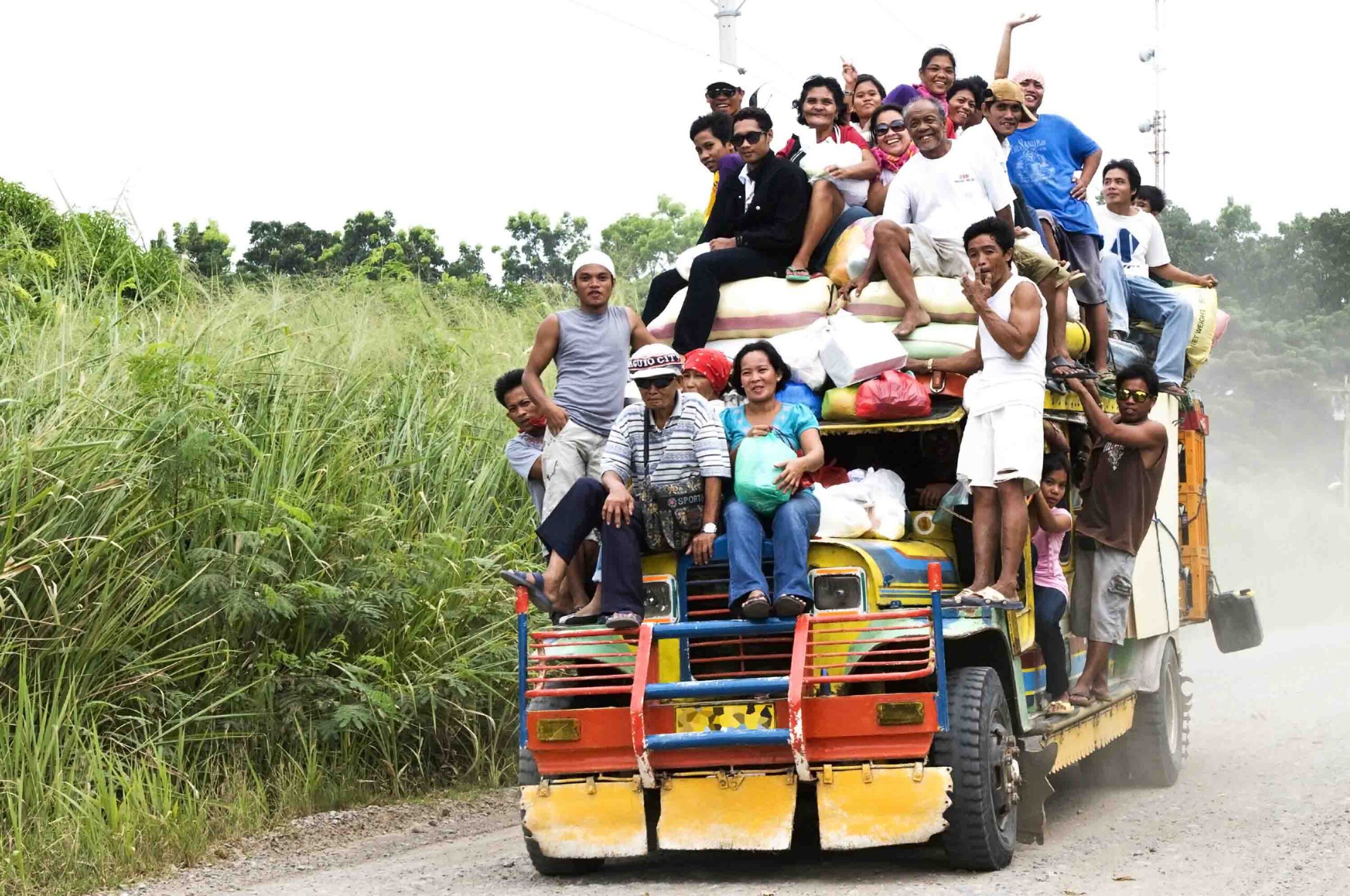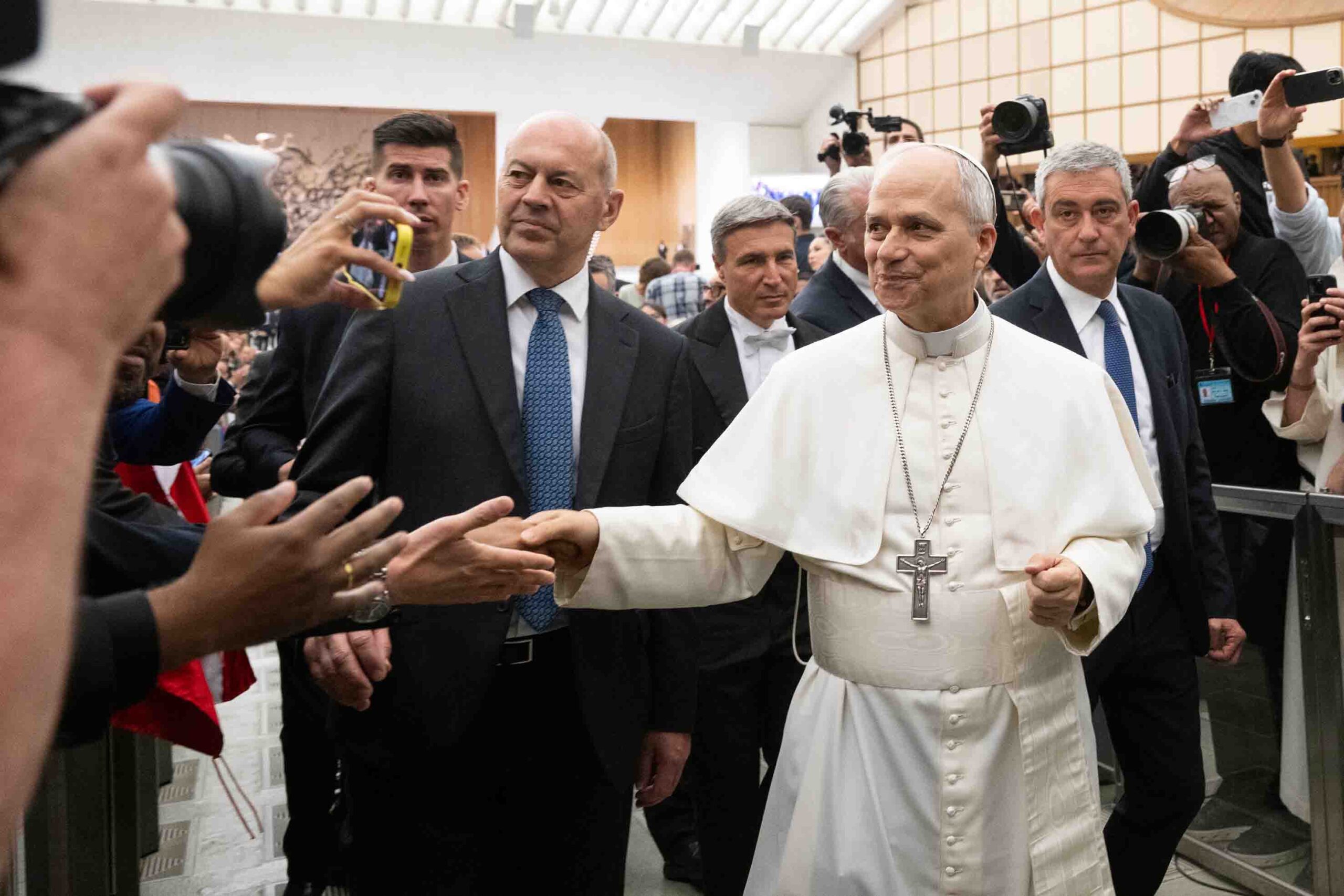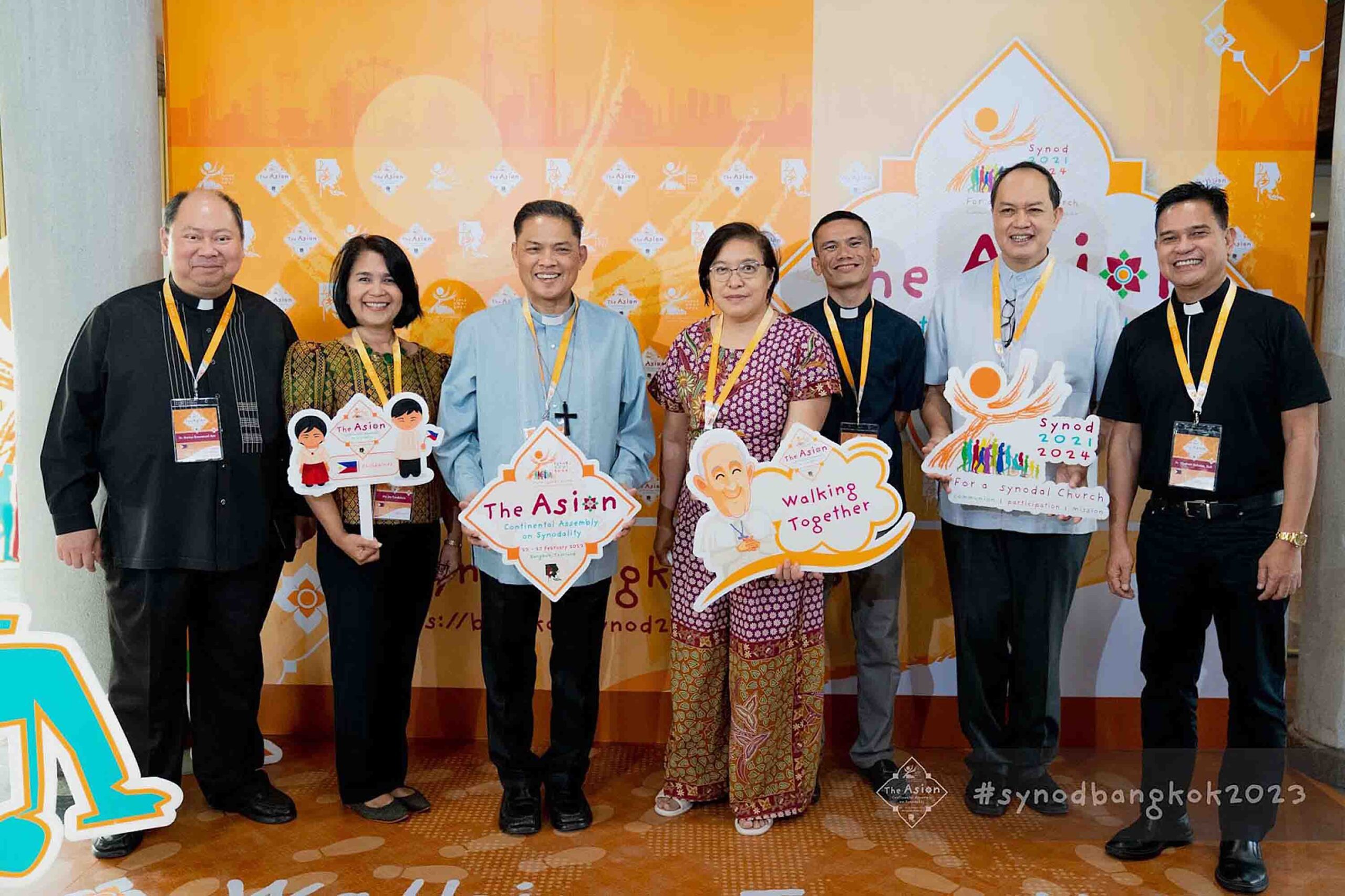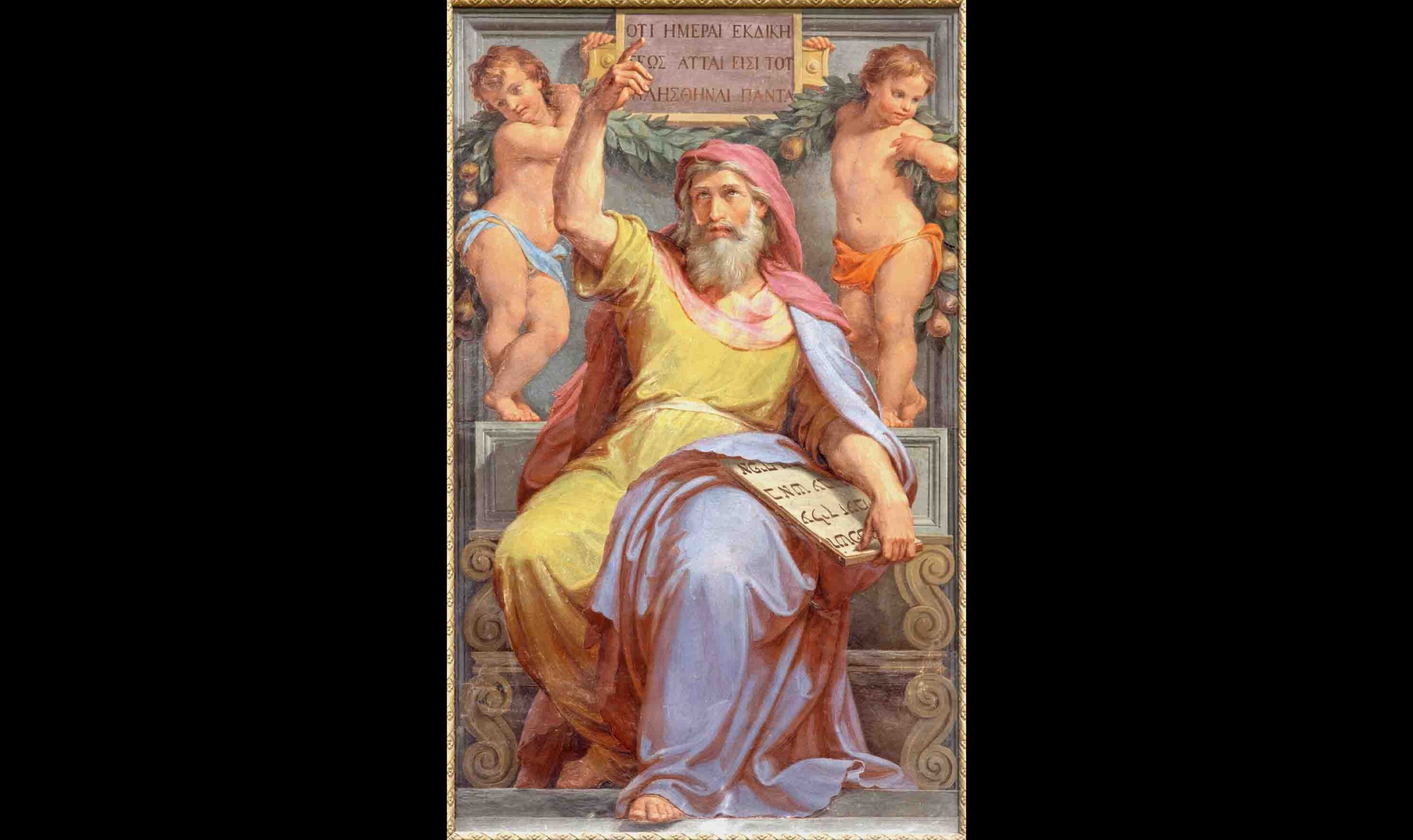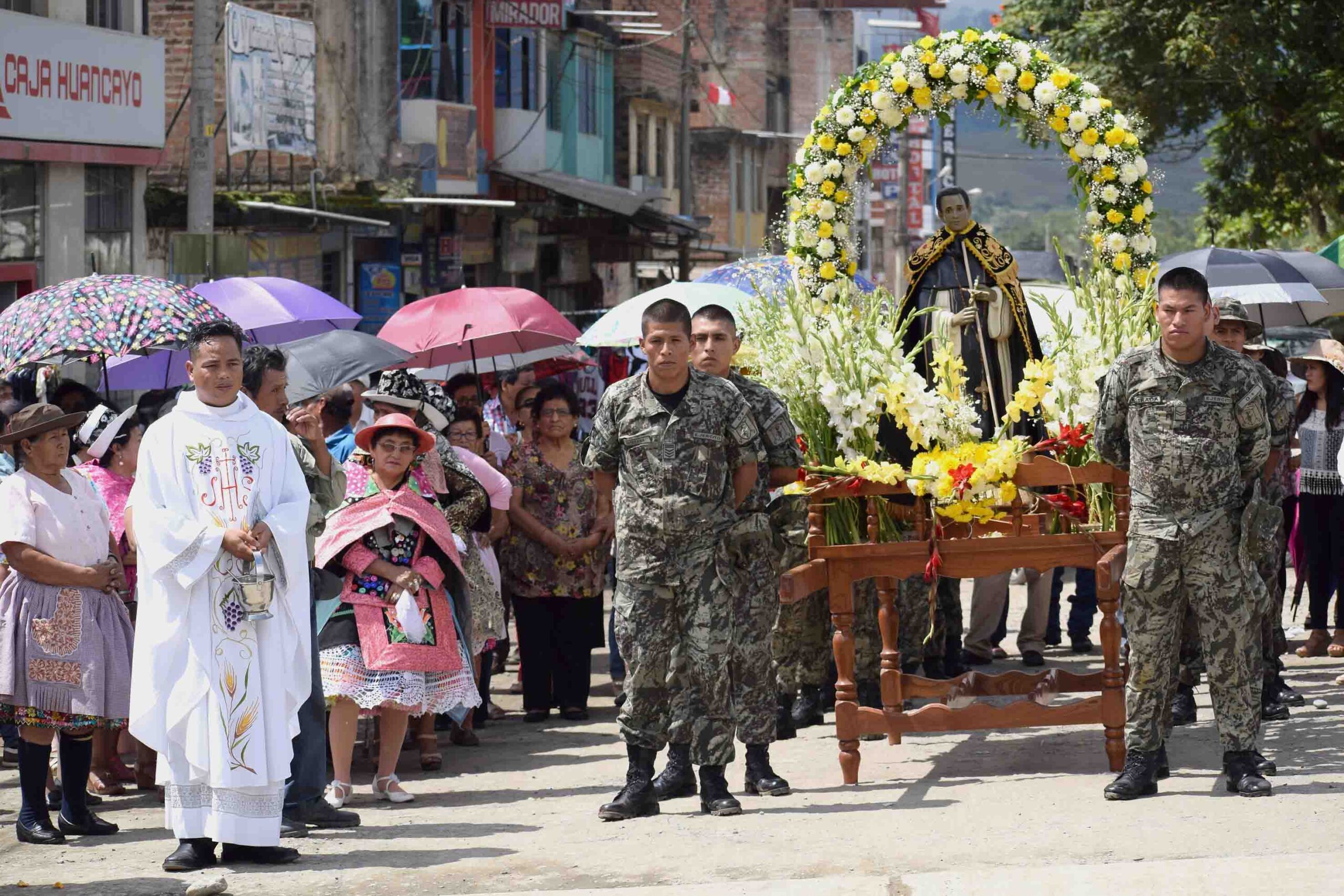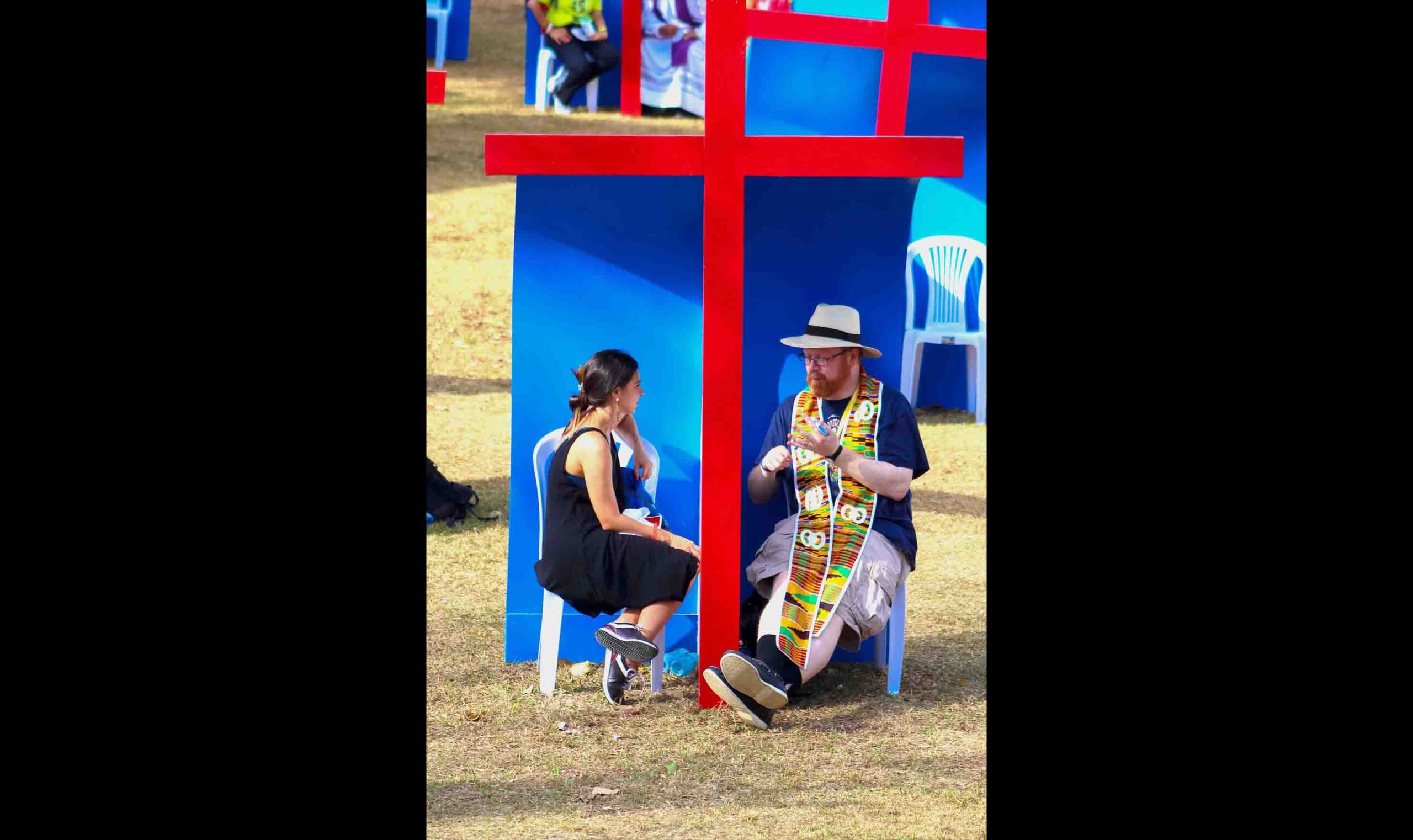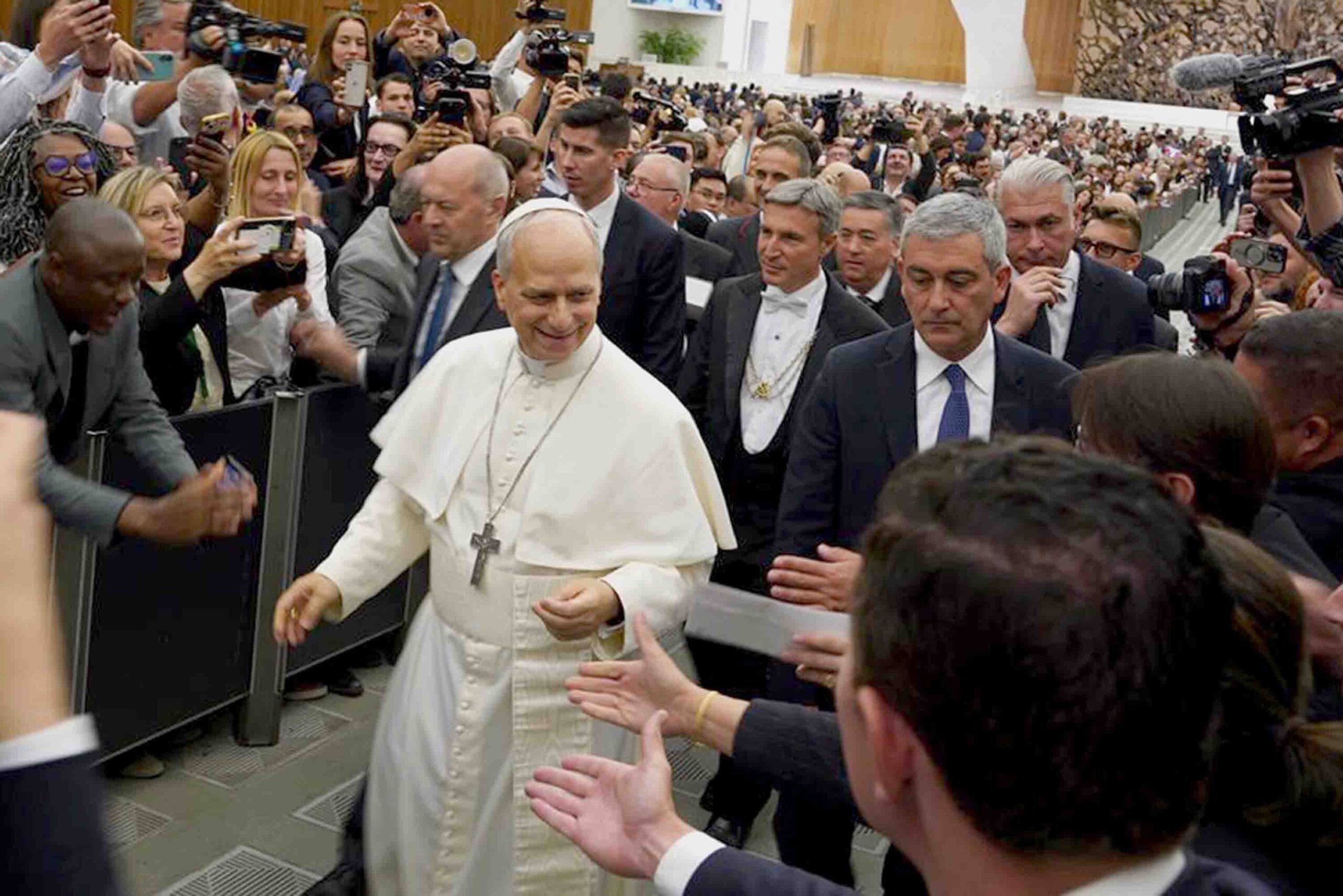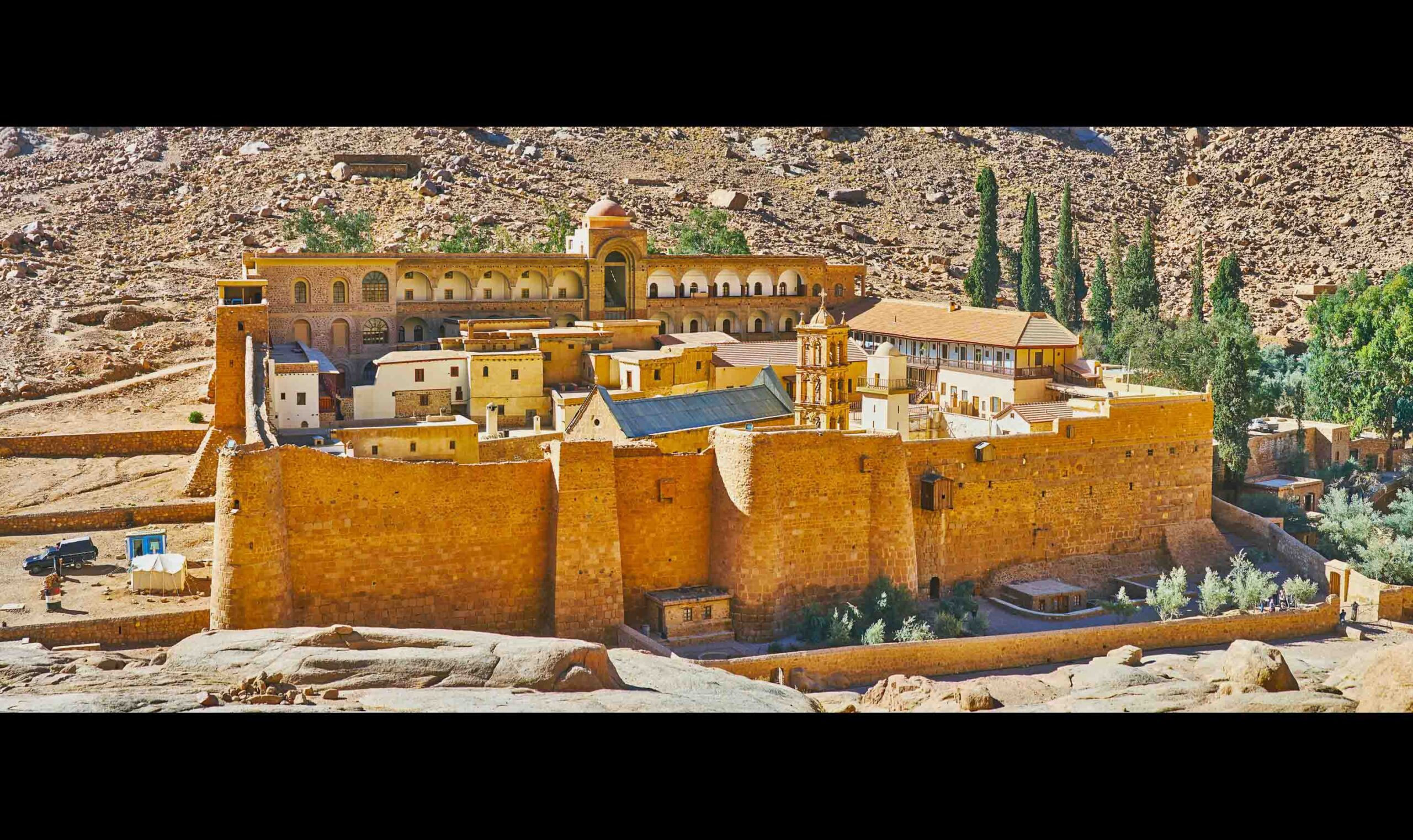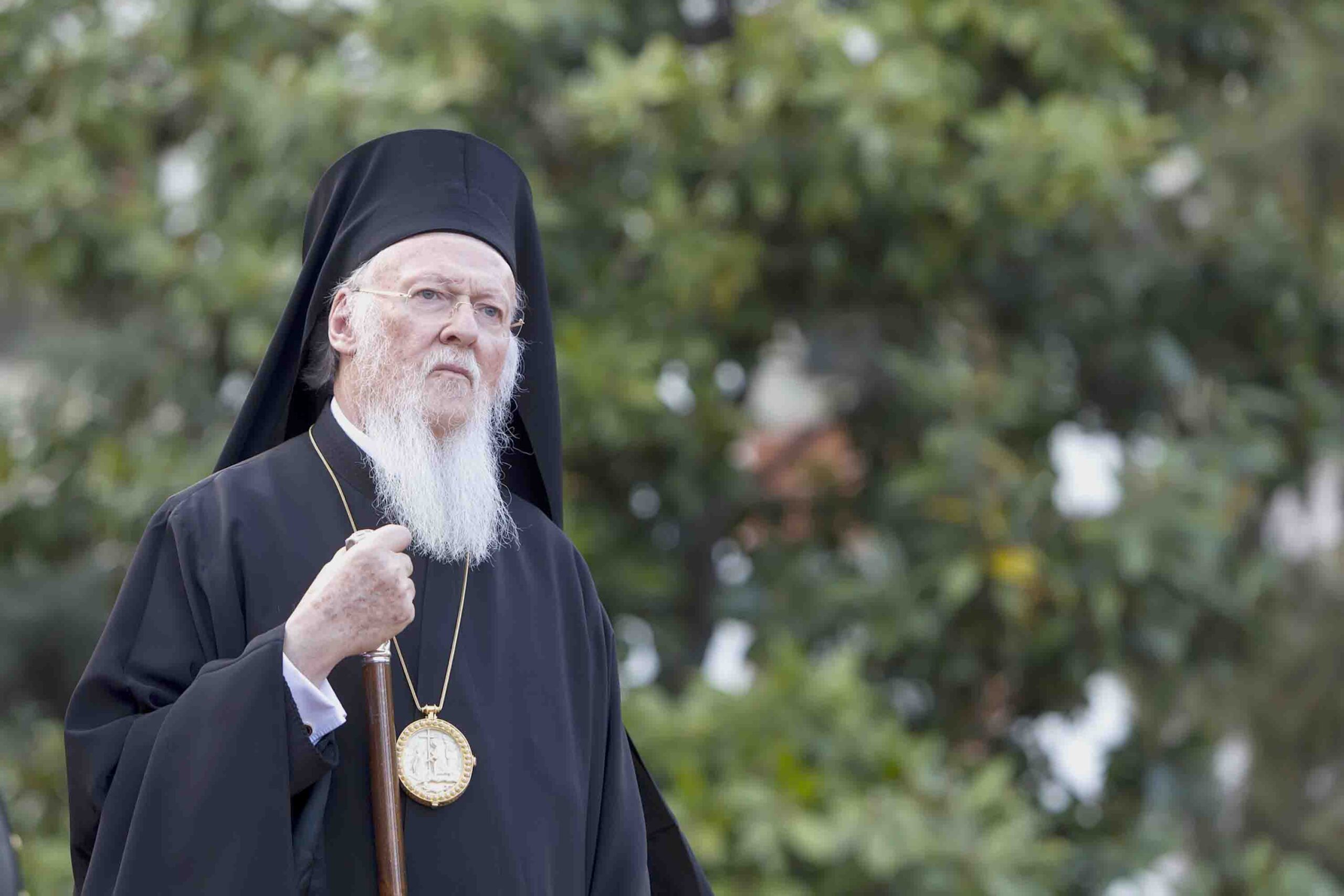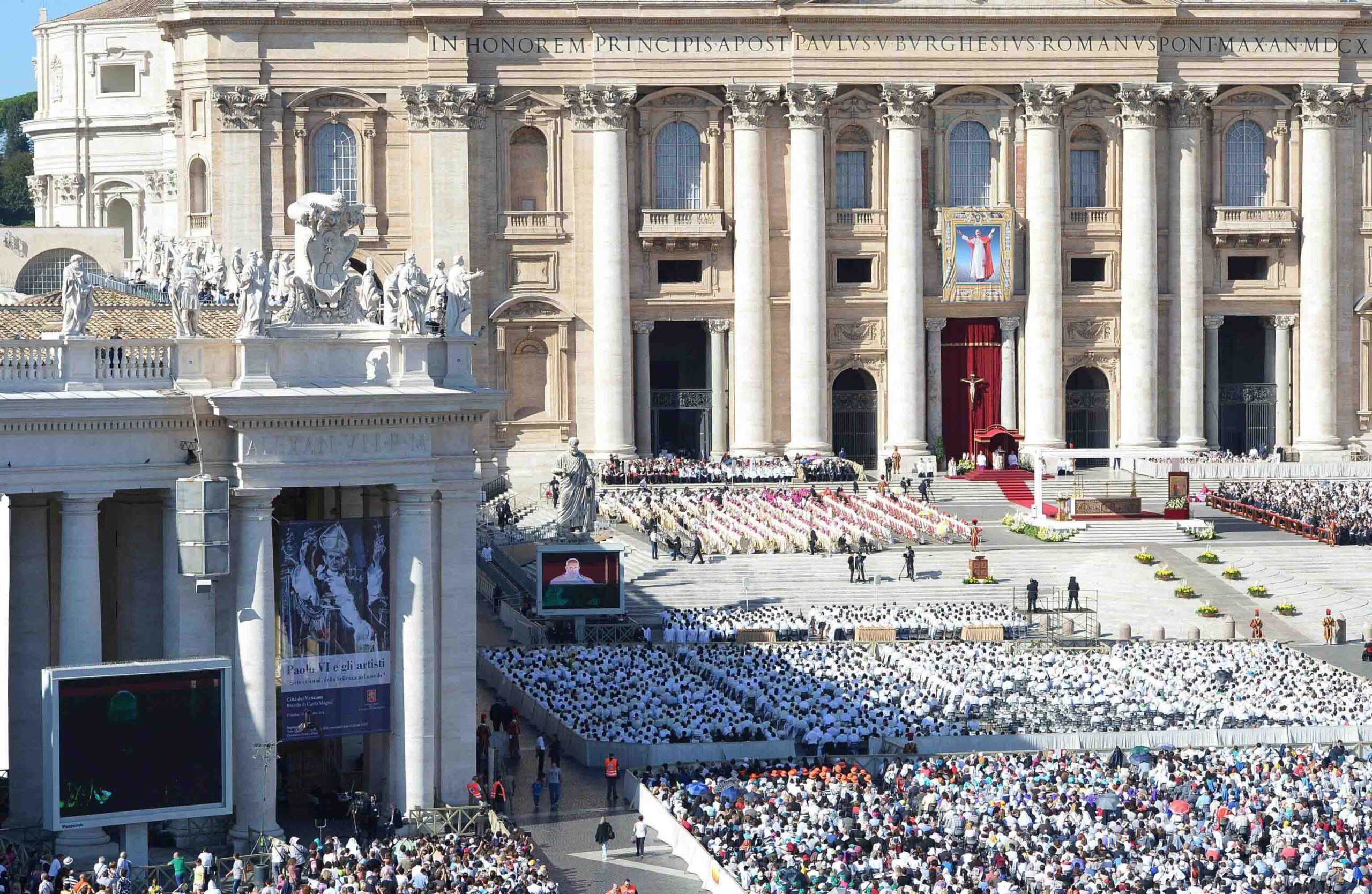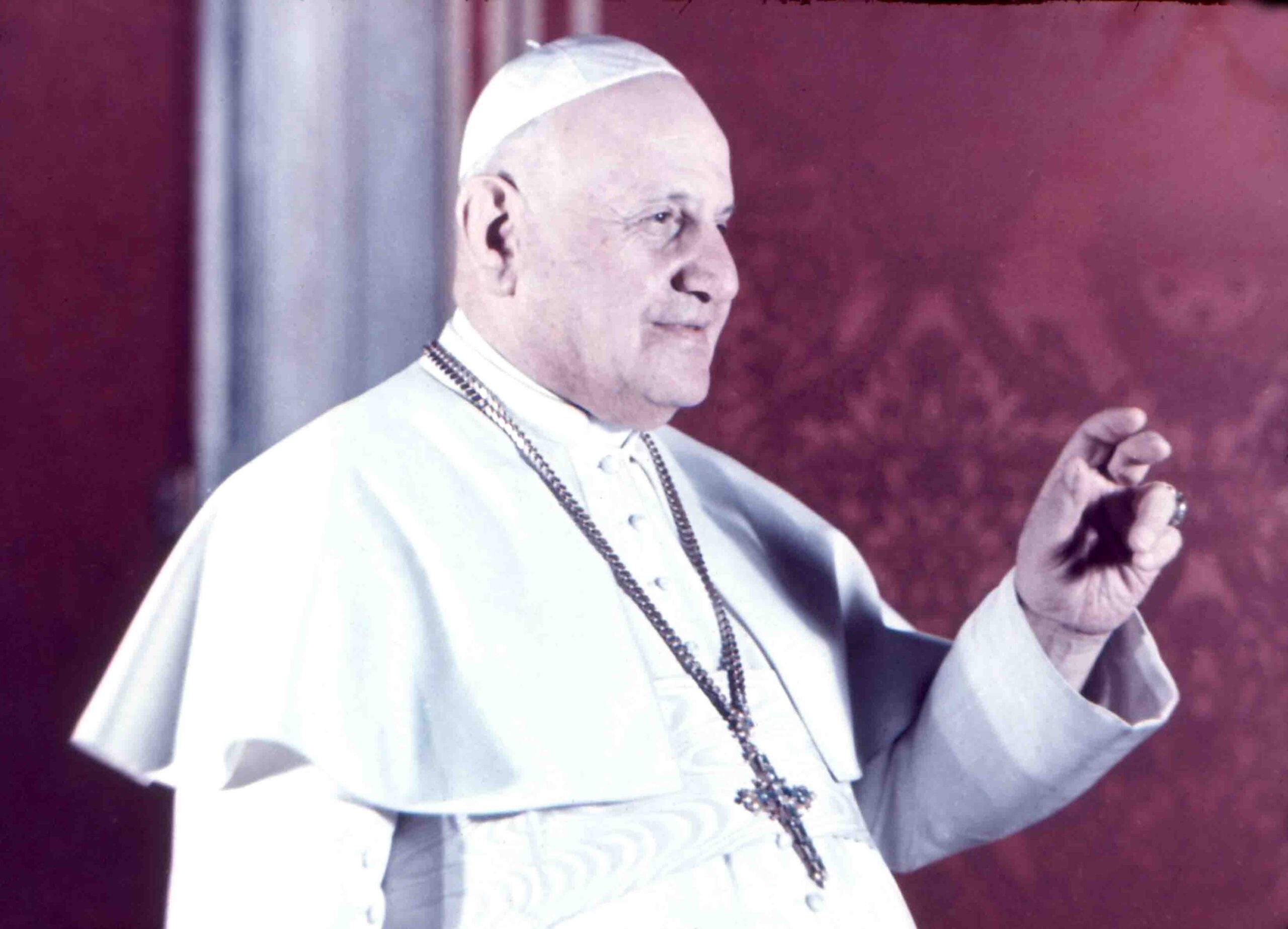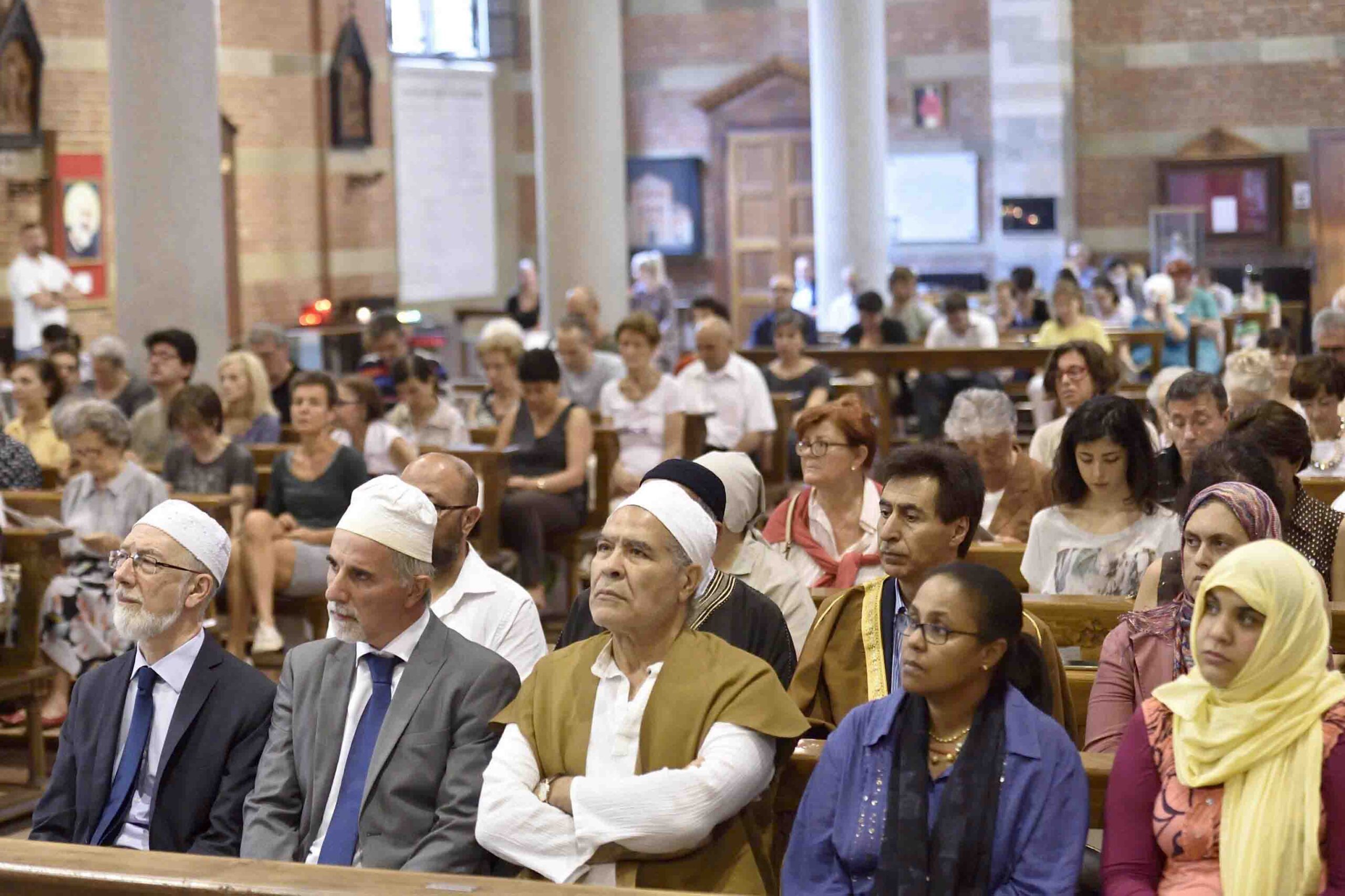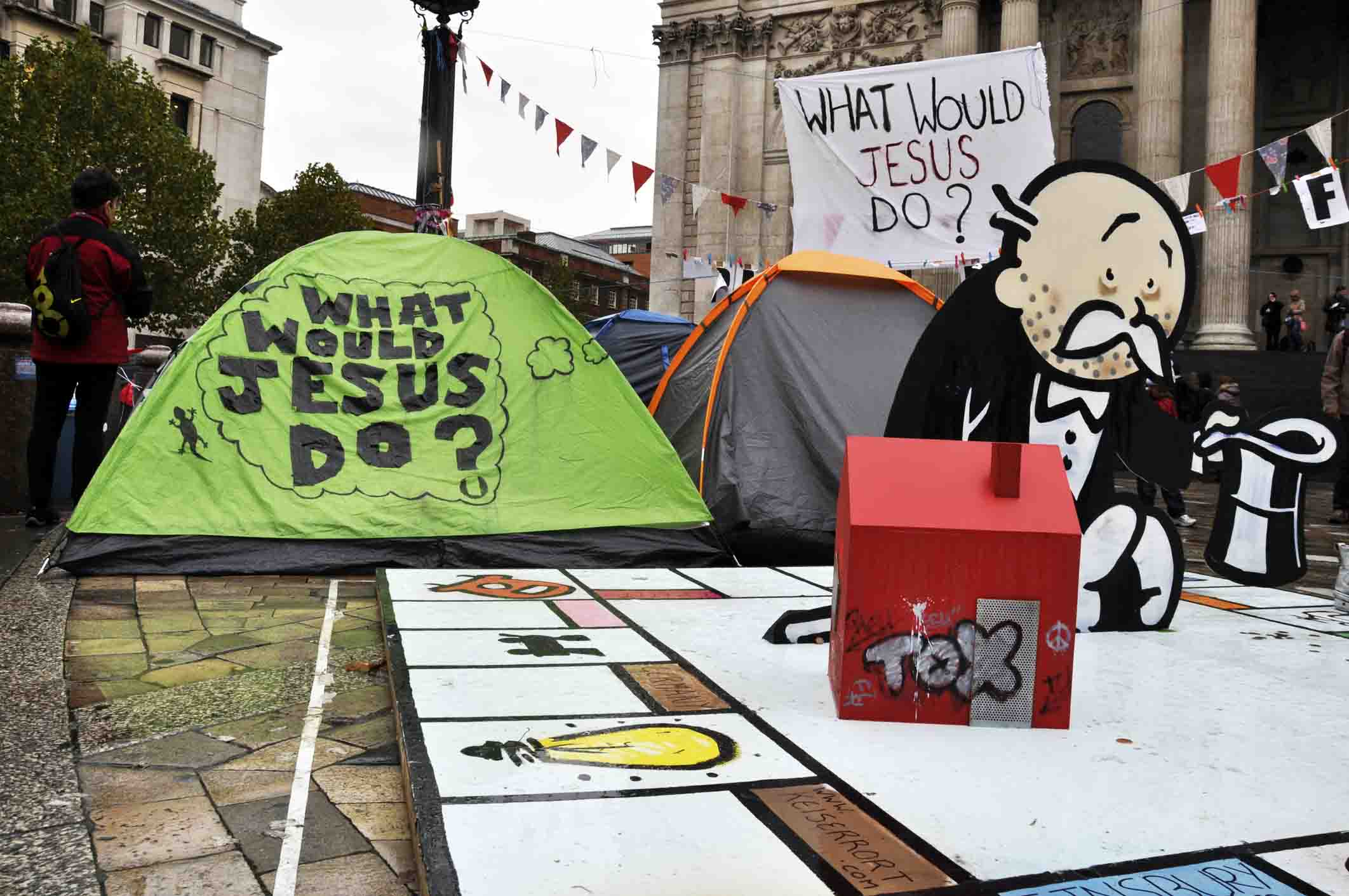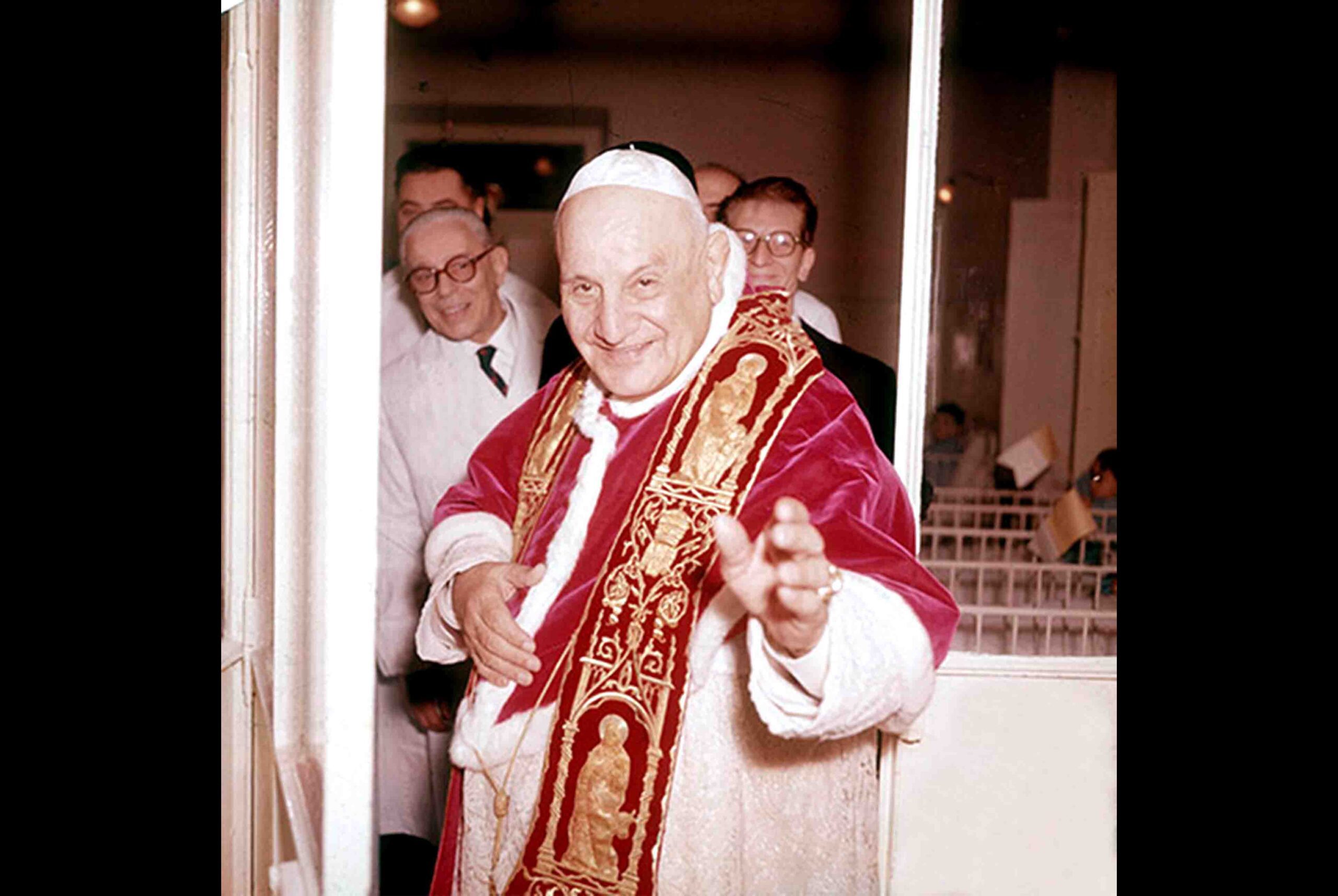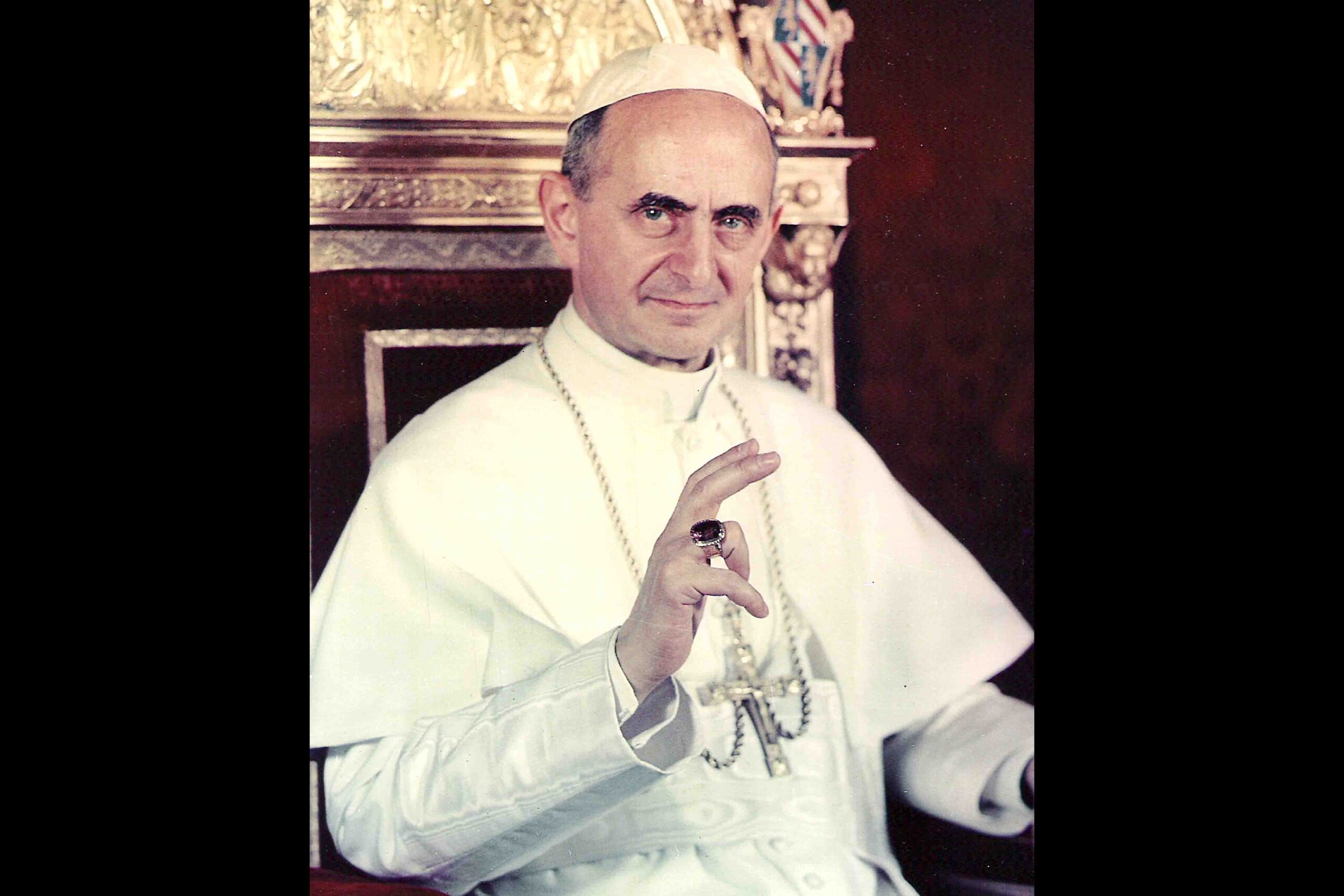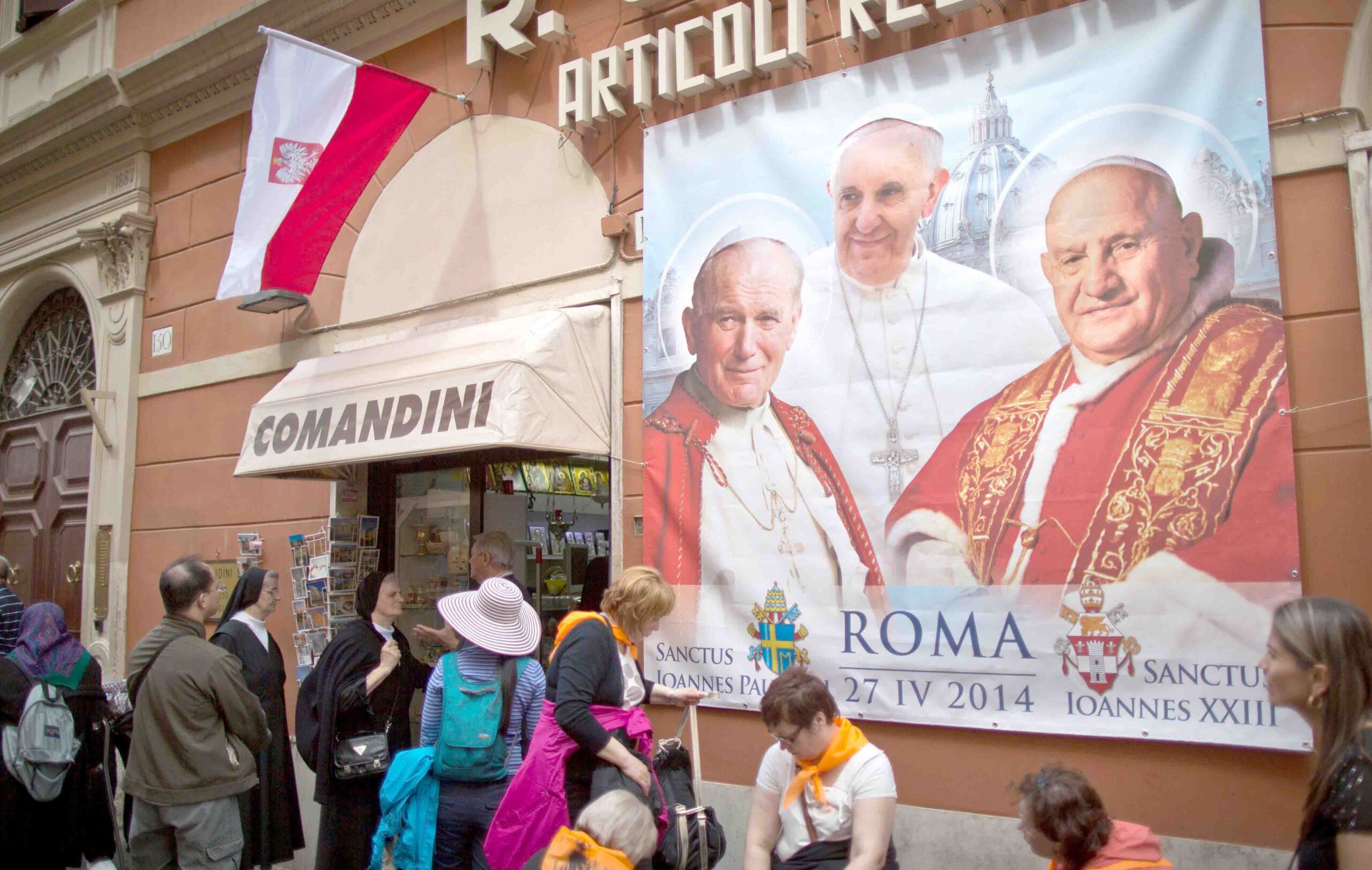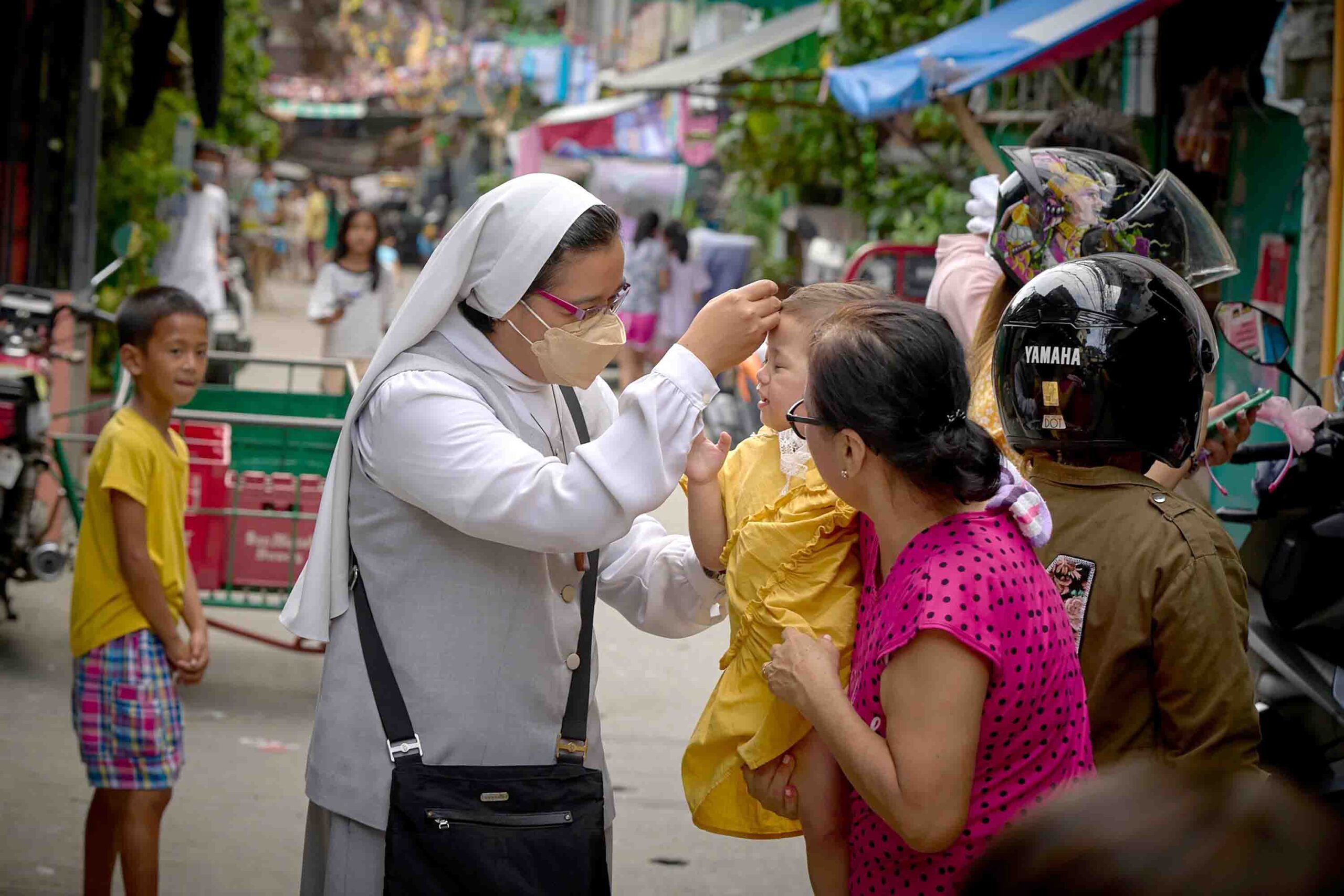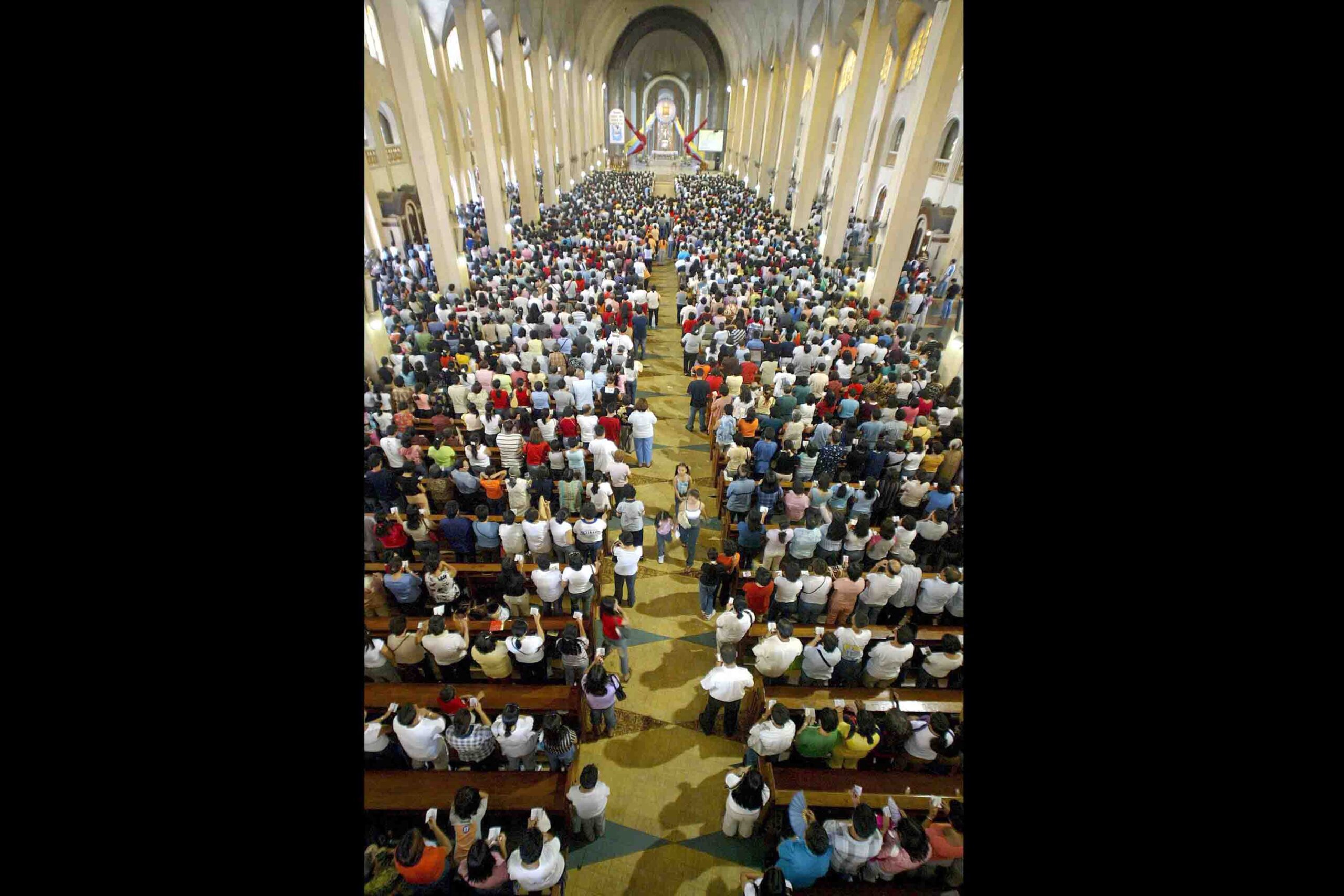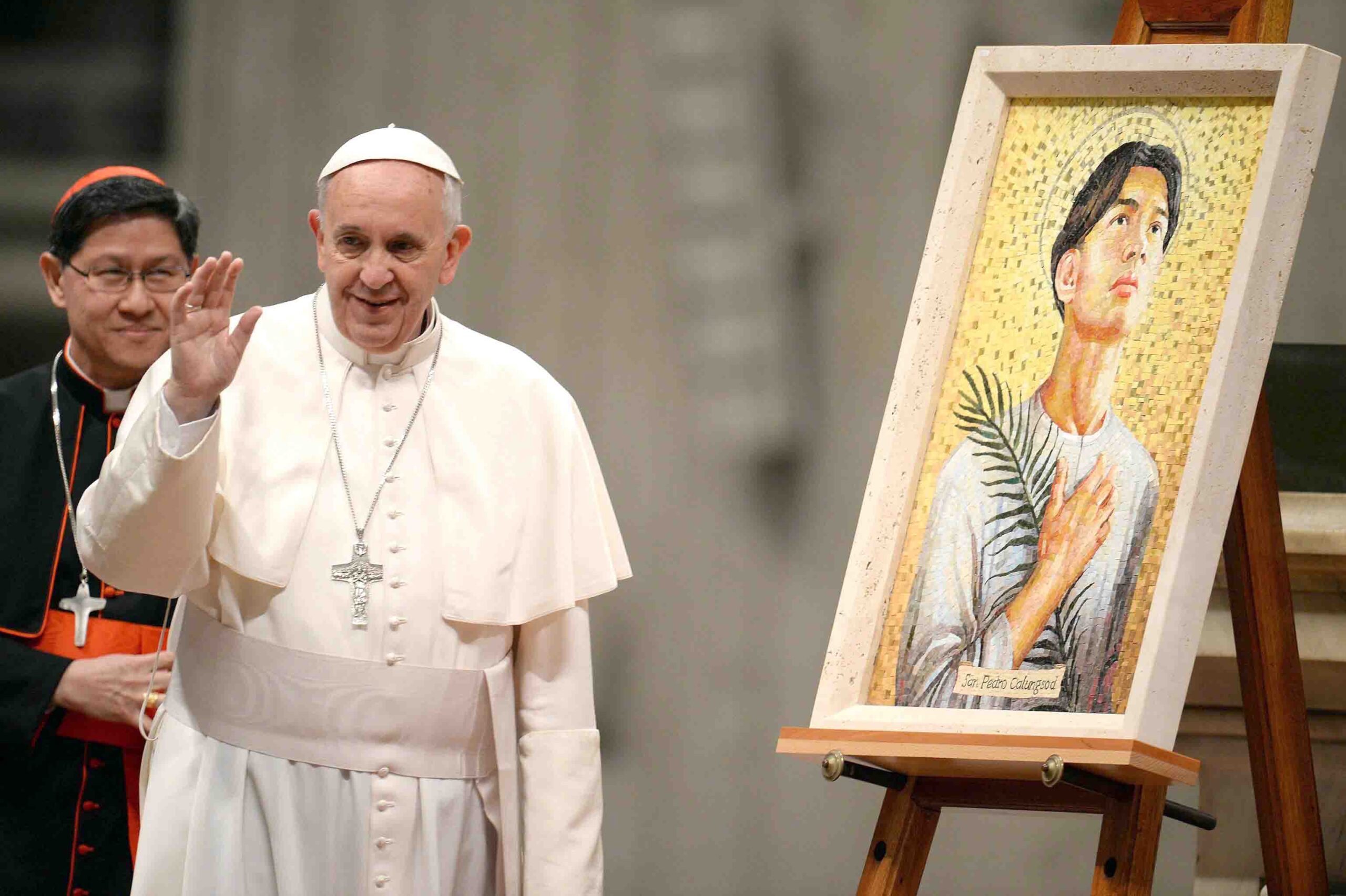Pope Leo XIV has numerous qualities and experiences that equip him to be a true leader and father to Church members and all peoples of faith and goodwill. Let us begin with a little-known, interesting historical fact; it is drawn from this writer’s own lengthy mission experience in the Philippines, the world’s third-largest local Church (after Brazil and Mexico).
Pope Leo XIV is a member of the Order of Saint Augustine (OSA), founded in 1244. Throughout its history the Augustinians have consistently engaged in missionary activity. Ferdinand Magellan arrived in the Philippines in 1521, searching for spices and converts for Spanish King Philip II. Magellan was mortally wounded by Lapulapu, a native chieftain. In a second Spanish expedition in 1565, Miguel Lopez de Legaspi returned to the Philippines; significantly, five Augustinians, originating from Spain and Mexico, were also on board.
An organized program of evangelization was thus begun in 1565, spearheaded by the Augustinians. They were followed by Franciscans (1578), Jesuits (1581), Dominicans (1587), and Augustinian Recollects (1606). Augustinian Fray Andres de Urdaneta retrieved a treasured image of the Santo Niño (Holy Child Jesus) that had been brought by Magellan. This devotion is one of the largest popular religious expressions in the country; currently, the new pope’s fellow Augustinians care for a minor basilica in Cebu City, the center of this devotion. This unique historical fact confirms that Leo XIV belongs to an order with a deep and profound “missionary heart.” In fact, Pope Leo has visited the Philippines on several occasions.
Missionary Heart. This first Augustinian pope possesses numerous additional qualities that reflect his heart for mission. Leo himself has extensive mission experience, working in Peru for over twenty years. He labored in a remote area, often trudging through the rain and mud to meet the needs of the poor and those on the margins of society. He has also served the Diocese of Chiclayo, a region on the peripheries including 1.3 million people, with 83% Catholics, that is prone to heavy rains and flooding. Leo was known for his hands-on pastoral care, being deeply involved in social justice and community support programs. Such experiences result in a deep personal transformation of one’s person, of one’s heart.
Pope Leo XIV is known as a polyglot. Apart from his native English, he is fluent in Spanish, Italian, French and Portuguese. With his academic background, he would know Latin and German. Presumably, he also learned elements of Quechua, the local language in parts of the Chiclayo region. Missionaries know from direct experience that learning another language is not only a matter of vocabulary and grammar; one begins to imbibe the world-view, values and culture of the local people speaking that language.
In addition, one often effectively learns the local language through memorizing and singing local songs. These experiences, with both successes and blunders, transform one’s values and one’s heart.
Social Awareness. Commentators have noted the great significance of the pope’s choice of name: Leo, following Pope Leo XIII (1878-1903). He is best remembered for his 1891 encyclical, Rerum Novarum (new realities). This document was written at the time of the Industrial Revolution, which brought many new challenges to numerous people. It enunciated the rights of workers, the need to fight injustice, seek just wages, and assist victims of all forms of abuse. This pivotal document set the Church’s social teaching on a firm basis. One can realistically expect Leo XIV to both continue and expand this tradition, especially in the areas of social justice and environmental concerns.
Having a “missionary heart” means that one builds upon the foundations and labors of earlier missioners. Clearly, it is expected that Pope Leo will build upon many of Pope Francis’ initiatives and successes. One immediately thinks of synodality, dialogue, bridge-building, gospel joy, care for migrants and refugees, and international travel to visit local churches around the world. On his first visit outside the Vatican, Pope Leo prayed at the tomb of Pope Francis on May 10. Earlier that same day, Leo spoke of Pope Francis, telling the assembled cardinals: “Let us take up this precious legacy and continue on the journey.”
Fostering Unity. Pope Leo has chosen as his papal motto: In illo uno unum (In the one Christ we are one). This choice speaks of his desire for unity in the Church. It also follows the teaching of Saint Augustine and the Augustinians, emphasizing love, harmony, humility and dedication to the spiritual community of the Church. Our new pope is only sixty-nine years old; thus, we hope to enjoy many fruitful years of his leadership, missionary insight, and dedicated pastoral service !
James H. Kroeger, MM, served mission in Asia for over five decades; recently he authored Walking with Pope Francis; The Official Documents in Everyday Language (Paulines, Manila– 2023) and A Joyful Journey with Pope Francis (Claretians, Manila – 2024).

